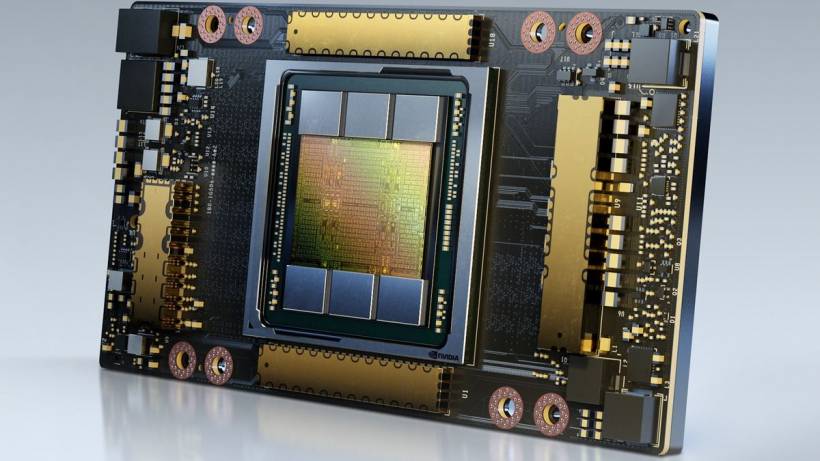Looks like Malaysia is making it clear: it's not in the business of smuggling high-powered NVIDIA AI chips into China. Minister of Investment, Trade, and Industry (MITI), Tengku Zafrul Abdul Aziz, recently addressed the issue head-on, saying Malaysia takes these allegations very seriously. In other words, if you're looking to sneak some AI chips across borders, Malaysia isn't your friendly neighborhood transit hub.
Speaking on Bernama TV's Ruang Bicara Aspirasi Ekonomi, Tengku Zafrul emphasized that Malaysia has no intention of being anyone's backdoor to high-tech smuggling. The country is a major player in the semiconductor game and a key logistics hub for the region, but that doesn't mean it's open season for illegal trade.
Malaysia's Message? "We Play by the Rules."
Zafrul made it clear that Malaysia strictly follows export control laws under the Strategic Trade Act—basically, the country's "No Funny Business" policy when it comes to shipping sensitive tech. This means all semiconductor-related exports, transits, and transshipments have to follow the book. And if you were wondering, Malaysia's regulations are aligned with the United States, the European Union, and the United Kingdom. So, if Uncle Sam says, "No AI chips for you, China," Malaysia is nodding in agreement.
What's the Big Deal with NVIDIA Chips Anyway?
The whole fuss comes from a U.S. probe into DeepSeek, a Chinese AI startup that's been making waves (and ruffling feathers) in the AI world. In January 2025, DeepSeek launched an AI assistant that rivals OpenAI's ChatGPT but at a fraction of the cost. Naturally, that raised some eyebrows, and now U.S. authorities suspect that restricted semiconductor tech—particularly NVIDIA's H100 and A100 AI chips—may be making its way into China through a few convenient stops, including Singapore, the UAE, and Malaysia.
If you're wondering why these chips are such a hot commodity, think of them as the Lamborghini engines of AI computing. They power some of the world's most advanced machine learning models, making them essential for AI development, deep learning, and, let's be honest, probably some very classified projects. The U.S. wants to make sure China doesn't get its hands on them, which is why they've imposed tight export controls.
Malaysia Is Doubling Down on Security
So, what's Malaysia doing about it? Zafrul reassured that the government is stepping up its game when it comes to monitoring sensitive tech. Malaysia is boosting international cooperation to track and prevent illegal shipments of AI hardware. In simpler terms: tighter scrutiny, more watchful eyes, and absolutely no room for high-stakes AI chip smuggling.
And let's be real—Malaysia has no reason to play risky games. As a top semiconductor hub, the country has everything to gain by keeping things legit. Major tech firms, from Intel to Infineon, have set up shop here, making Malaysia a crucial part of the global electronics supply chain. Keeping that reputation clean? Way more valuable than any black-market GPU deal.
Final Take? Nice Try, Smugglers.
So, while shady middlemen might be looking for loopholes, Malaysia isn't about to let its semiconductor reputation go up in smoke. The message is clear: if you're trying to smuggle AI chips through Malaysia, you might want to reconsider your life choices.
And honestly, if anyone's hoarding NVIDIA GPUs, can they at least drop some in Malaysia's gaming PC market? Asking for a friend.

